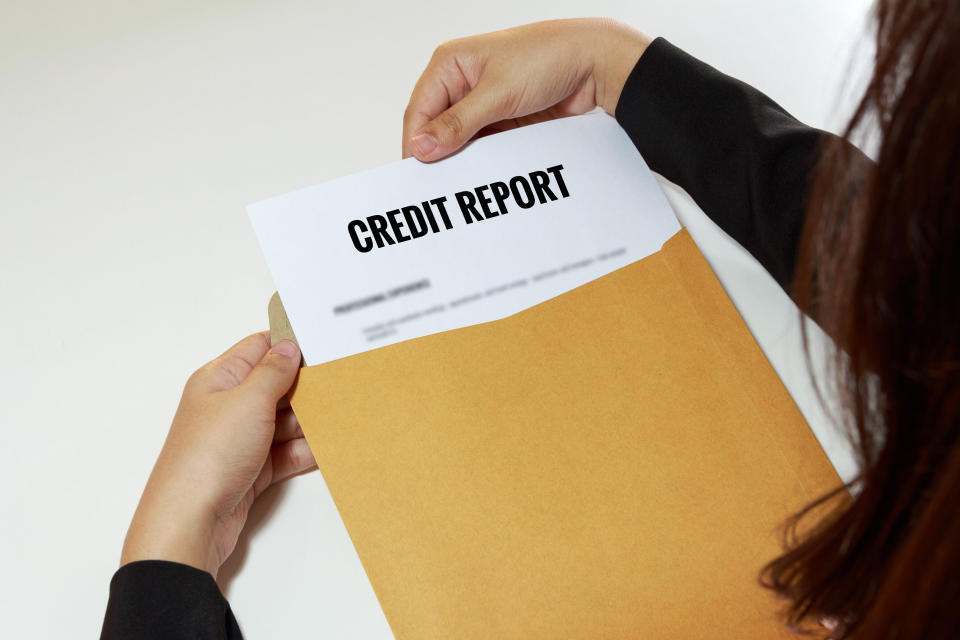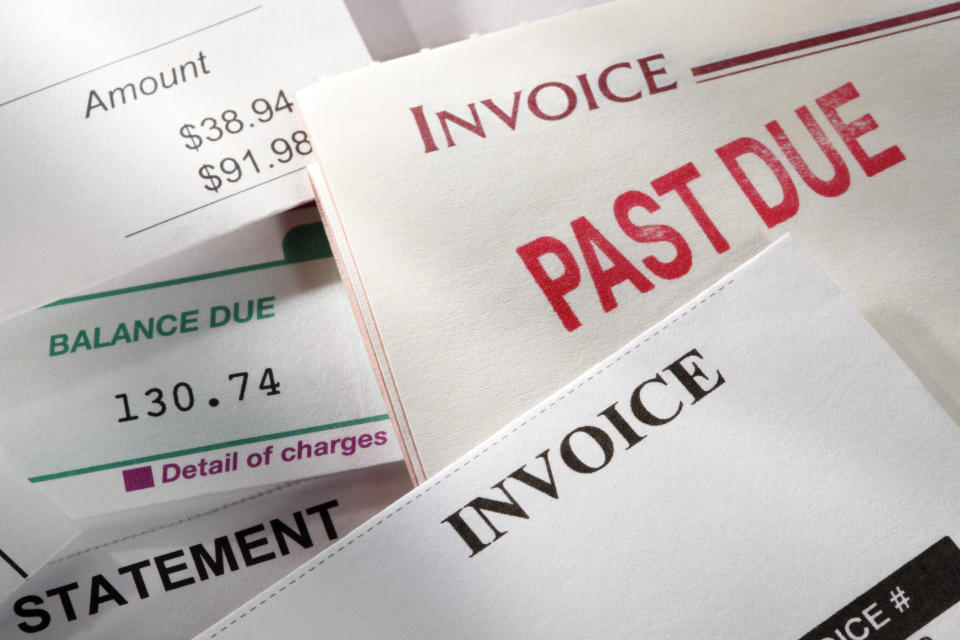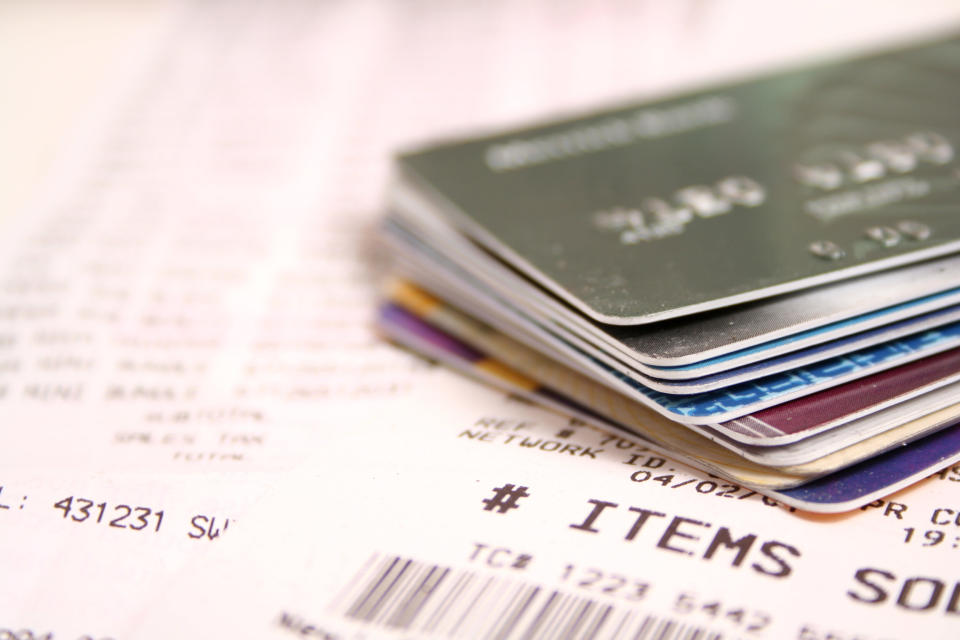4 Smart Ways To Use Your Home Equity (And 4 Risky Options To Avoid)
Home equity ― the positive difference between what you owe on your property and its current value ― can be one of your biggest financial tools as a homeowner. As of last year, untapped home equity reached an all-time high of $14.4 trillion, about $1 trillion more than its pre-recession peak in 2005.
But before you begin funneling funds out of your home, know there’s a right way and wrong way to do it. We rounded up the best and worst ways to leverage home equity, according to finance experts.
How To Leverage Home Equity
There are a few ways homeowners can tap into the equity they’ve accumulated.
One option is a home equity loan. This type of loan is similar to a traditional mortgage, which is why it’s also sometimes referred to as a second mortgage. Home equity loans are installment loans, which means the funds are disbursed in one lump sum and paid back over time in equal payments. They’re also backed by ― you guessed it ― your home’s equity. Usually, home equity loans have a fixed rate that’s a bit higher than the primary mortgage but can be much lower than rates on other types of borrowing.
Another way to leverage home equity is through a home equity line of credit, or HELOC. Unlike a home equity loan, a HELOC allows you to borrow against your equity repeatedly and then pay off the balance, much like a credit card. Some HELOCs require that a minimum amount is disbursed initially, but there are no closing costs. Many HELOCs also provide a debit card and checks that you can use to easily access the funds.
There is one more option known as a cash-out refinance. Rather than taking out a secondary loan or line of credit, this involves refinancing the mortgage for a higher amount and taking the difference in cash. Even though you don’t necessarily take on an additional loan with this method, you still increase your overall debt load (with your home as the collateral) and pay closing costs.
4 Best Uses Of Home Equity
If you’ve built up equity in your home over the years and are looking for a smart way to leverage it, there are a few ways to do it.
1. High-Value Home Improvements
One of the most common uses of home equity is to invest in home renovations and upgrades. “The improvements that you make on the home will increase the value of your home and build more equity as a result,” said Jared Weitz, founder and CEO of United Capital Source in Great Neck, New York. “In some instances, home improvement projects such as adding insulation to your attic or installing solar panels can, over time, generate more value than the cost to complete.”
That’s not always the case, however. Some home renovations actually contribute to a lower home value. So before you borrow against your equity for a fancy kitchen upgrade or new pool, be sure it’s going to help, not harm, the resale value.
2. High-Interest Debt Consolidation
If you have other types of debt that are accumulating interest at a much higher rate, using your home equity to consolidate it could be a smart move, according to Tony Matheson, a certified financial planner and founder of Matheson Financial Partners in Walnut Creek, California.
However, that comes with a big, fat caveat. Debt can happen for a number of reasons. Perhaps you had to take out private student loans for college or live off credit cards during a period of unemployment. Matheson said that homeowners should first address the reason why that debt accumulated in the first place before considering debt consolidation using their home’s equity. “If it was spending beyond your means, you need to address that issue first or you’ll soon be right back in the same place, just with more debt,” he said.
3. Emergency Fund
Ideally, you have about six months’ worth of expenses tucked away in an emergency fund with your bank or credit union. But, as we all know, things don’t always work out ideally.
If you experience a financial emergency and you’re in the midst of a cash crunch, your home’s equity can serve as a low-interest alternative to credit cards or payday loans.
Keep in mind that if you don’t have an existing HELOC in place, it might be too late to qualify for one once an emergency arises, according to Kyle C. Jackson, a certified financial planner and senior wealth manager at Jackson Wealth Advisors in Ada, Oklahoma. But if you do have one in place, Jackson said, it would be a smart way to address short-term financial needs while you ride out the storm.
4. Real Estate Investing
If you’re an experienced real estate investor, your existing home equity can be leveraged to purchase additional investment property. “You might be taking out debt here on your home, but you’re exchanging that debt for another asset that potentially produces income,” said Russ Ford, a financial planner in Indianapolis and founder of Wayfinder Financial.
That said, real estate investing is risky business. “I’d emphasize working with somebody else who has plenty of experience if it’s your first purchase, so you don’t get yourself between a rock and a hard place. Always remember it’s not always smart to buy a property just because you can,” he said.
4 Worst Ways To Use Home Equity
Though home equity can be used to accomplish a number of financial goals, it doesn’t always make sense to touch it. Remember, your home is the collateral, so if you’re unable to pay back what you’ve borrowed against the equity, you could lose your property.
Below are a few situations in which it just doesn’t make sense to rely on home equity.
1. Buy A Car
Buying a vehicle using home equity funds is generally a bad idea. “I hear people wanting to do this all of the time, simply because the payment is lower,” said Bryan Haggard, a certified financial planner and owner of Michigan-based RetireMitten Financial.
He explained there are two main reasons why you should almost never consider this. First, the interest rates on car loans have been relatively low, so you’ll likely end up paying a higher rate on a home equity loan or line of credit. Second, the payoff terms on home equity loans are generally quite long. “So instead of paying off a loan within five years, you may spend the next 20 to 30 years paying off a car,” he said. Not only would you end up with a loan that would likely last longer than the car, but you’ll accumulate tons of interest over that time.
2. Invest In The Stock Market
As tempting as it may be, another overly risky move is using home equity funds to invest in stocks and other securities.
For one, the cost of interest on the loan will significantly eat into your returns. “And when you consider in the short-term market downturns that are often possible, you are better off leaving your money in a lower-risk investment,” Weitz said. “If things go south, you run the risk of not only losing out in the market but also on your home.”
3. Fund A Vacation, Wedding Or Other Expensive Luxury
You worked hard to buy your home and want it to continue appreciating over time, so one of the worst things you can do is treat home equity like a free piggy bank, said Ron Strobel, a certified financial planner and founder of the Idaho firm Retire Sensibly.
Using home equity to pay for vacations, weddings and other non-appreciating expenses is at best a waste of the value you accumulated in your home. At worst, it puts your home at risk if you can’t pay back the funds you borrowed. If you can’t pay for these luxuries out-of-pocket, it might be a good idea to rethink your budget or give yourself some more time to save up.
4. Cover Daily Expenses
Finally, using home equity to fund your lifestyle and daily consumption is never recommended. “Ideally, you invest your home equity in something that is highly likely to improve your life or provide a financial return on your investment,” said Justin Pritchard, a Colorado-based certified financial planner and founder of Approach Financial Inc. “If you’re borrowing to fund your standard living expenses, that money is probably not being put to its best use.”
If that’s the case, it might be a good idea to talk with a financial advisor and come up with a plan for getting your finances on track.
Related Coverage
5 Ways You Might Be Committing Mortgage Fraud
3 Times You Shouldn't Bother Saving A 20 Percent Down Payment On A Home
6 Quick Ways To Raise Your Credit Score Before Applying For A Mortgage
Also on HuffPost
Myth 1: You should stay away from credit ― period.

Those who avoid using credit are at risk of never developing a strong credit history, according to Eszylfie Taylor, president of Taylor Insurance and Financial Services in Pasadena, California. “This may present challenges when a consumer looks to make larger purchases like a car or home, as they have not exhibited the ability to borrow money and repay debts,” Taylor said.
But even if you don’t plan on borrowing money for a major purchase, you can still run into trouble when renting an apartment, opening a new utility account or even getting a job if you don’t have an established credit history.
You don’t have to put yourself in debt to build good credit. But you do need to have some skin in the game.“The simple truth is that consumers should look to establish multiple lines of credit and make payments consistently to build up their credit scores,” said Taylor.
Myth 2: Closing credit cards will raise your credit score.

According to Roslyn Lash, a financial counselor and the author of The 7 Fruits of Budgeting, this has to do with your credit utilization ratio. This ratio represents how much of your total available credit you’re actually using ― the lower your utilization, the better your score.
If you close a credit card, your available credit immediately drops.“If you have less credit but the same amount of debt, it could actually hurt your score,” Lash explained. In most cases, it’s better to cut up the card but keep the account open. Setting up account alerts can help you keep tabs on any activity or fraudulent charges.
Myth 3: Checking your own credit hurts your score.

Checking your own credit results in a “soft” inquiry, which doesn’t affect your score, according to Adrian Nazari, CEO and founder of free credit score site Credit Sesame. Other types of soft inquiries include when you’re pre-approved for a credit card in the mail or a prospective employer runs a credit check as part of the hiring process.
You can check your credit score as often as you want with no consequence. In fact, you should check it regularly; a sudden dip could indicate a problem or possible fraud.
Sites such as Credit Sesame and Credit Karma allow you to see your VantageScore 3.0 for free, though you should know this is usually not the score that lenders review. The most widely used score is your FICO score. And though there are services that charge a monthly fee to gain access to your FICO, you can often see it for free if you have a credit card with a major issuer such as Chase.
Myth 4: Making more money will increase your score.

It seems to make sense that the more you earn, the easier it should be for you to pay your debts, but “your income has nothing to do with your score,” Lash said. So feel free to celebrate that next raise, but know that your credit score will remain the same.
Myth 5: Credit reports and scores are the same things.
![<strong>Truth:</strong> Though it represents the same types of information, your <a href="https://www.huffpost.com/topic/credit-report">credit report</a> is not the same as your credit score.Think of a credit report as your financial report card and your credit score as the overall grade.<br /><br />“Your credit report is a record of your credit accounts … [including] your identifying information, a list of your credit accounts, any collection accounts you have, public records like bankruptcies and liens and any inquiries that have been made into your credit,” said Nazari.<br /><br />On the other hand, your credit score is a three-digit number that represents how likely you are to repay your debts based on the information contained in the report. Your score is “based on a complex algorithm that evaluates your relationship with credit over time,” explained Nazari. “Your credit score is not included on your credit report.”](https://s.yimg.com/ny/api/res/1.2/VggrQF_VOdzWL5.OO3PO.A--/YXBwaWQ9aGlnaGxhbmRlcjt3PTk2MA--/https://img.huffingtonpost.com/asset/5d0184d62500006813df9a9e.jpeg)
“Your credit report is a record of your credit accounts … [including] your identifying information, a list of your credit accounts, any collection accounts you have, public records like bankruptcies and liens and any inquiries that have been made into your credit,” said Nazari.
On the other hand, your credit score is a three-digit number that represents how likely you are to repay your debts based on the information contained in the report. Your score is “based on a complex algorithm that evaluates your relationship with credit over time,” explained Nazari. “Your credit score is not included on your credit report.”
Myth 6: Once delinquent accounts are paid off, your slate is wiped clean.

“Your credit report shows positive and negative accounts, including collection accounts, discharges, late payments and bankruptcies ― some of which can be on your report for up to 10 years,” explained Nazari.“That said, some collection agencies openly advertise that they will stop reporting a collection account once it’s paid off,” he added.
If that’s the case, keep an eye on your credit reports to make sure the delinquent account is removed. In most cases, however, you’ll have to live with the mark until it expires. Fortunately, its impact on your credit score should decrease with time, depending on the type of debt.
Myth 7: You can max out your cards as long as you pay the balance every month.

That’s because the date that credit card issuers report your balance to the credit bureaus is often not the same date as your payment due date.
“For a better credit score, keep your balance under 30 percent of your card’s total limit,” recommended Nazari. So if your card has a limit of $1,000, you should avoid carrying a balance of more than $300 at any time.
However, if you want to be able to use more of your available credit, you can pay down your balance before it gets reported to the bureaus. Usually, said Nazari, it’s the same as the statement closing date, but you should check with your card issuer to be sure.
Myth 8: You need a credit repair company to fix your bad credit.

“The good news is that one’s credit is ever changing and can be repaired if there have been some missteps in the past,” Taylor said. “In time, issues from the past will pass and credit can be restored ... no matter how bad it is today.”
Love HuffPost? Become a founding member of HuffPost Plus today.
This article originally appeared on HuffPost.

